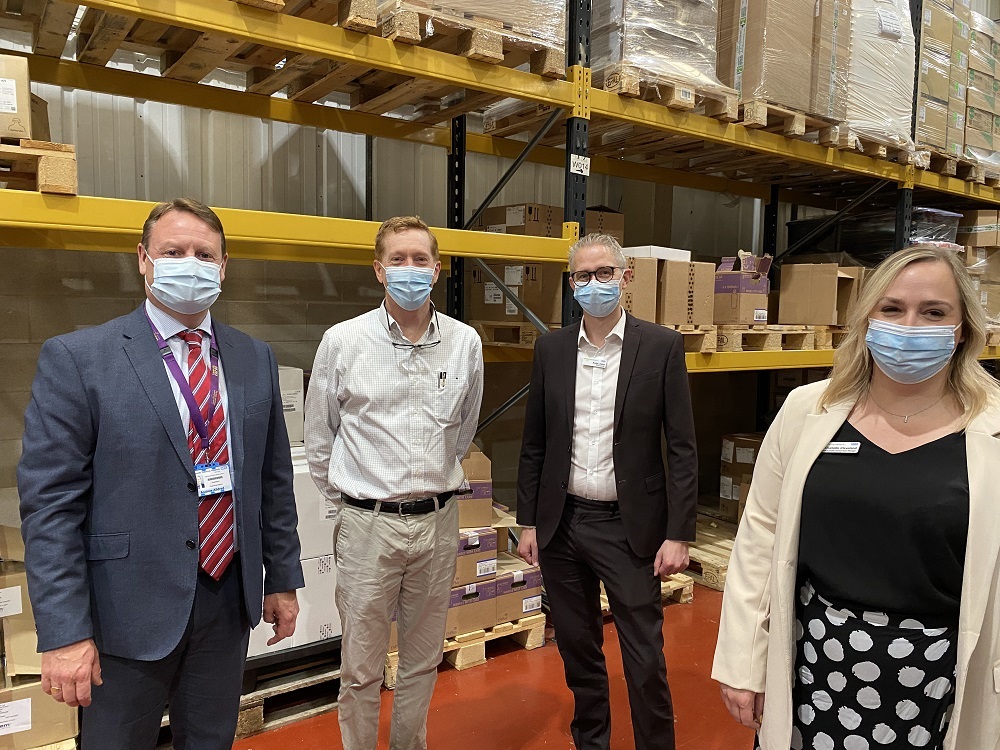Published on: 21 June 2022
The West Yorkshire Association of Acute Trusts (WYAAT) has secured £24 million of capital funding to create an aseptic hub facility in the region.
The funding, subject to business case approval, has been allocated to Calderdale and Huddersfield NHS Foundation Trust on behalf of the six acute providers that make up WYAAT.
This investment is part of a larger package of £75 million being made available by NHSE/I to hospitals over the next three years to create aseptic hub sites to increase production and capacity within aseptic services in England.
Pharmacy aseptic services provide sterile, controlled environments in which highly qualified staff prepare injectable medicines for things such as IV transmitted antibiotics, chemotherapy and monoclonal antibodies.
Such services provide a range of benefits to patients and to clinicians, which include an improved patient experience, increased patient safety by reducing errors in the manipulation and administration of medicines, the freeing up of nursing staff time for patient care, increased productivity from the medicines budget, and increased resilience within the sector. The programme will release 81 Whole Time Equivalent (WTE) nurses, see a six-fold increase in the volume of doses produced, and a five-fold increase in ready to administer Centralised IntraVenous Additive Service (CIVAS) products.

Last week Tim Ferris from NHSE/I visited St James’s University Hospital in Leeds to meet with WYAAT colleagues, including Charlotte Cleveland, Pharmacy Aseptics Programme Manager, Andy Alldred, Chief Pharmacist and Clinical Director, and Dr Andy Lowey, Lead Clinician. He said: “During my time in Leeds, I met with the pharmacy team, who gave an overview of the programme, which is setting new standards and leading the way nationally.
“I was delighted to meet the team and discuss the project, as it chimes with my vision of local infusion clinics for chemotherapy, antibiotics for conditions like cellulitis, and many other examples. To realise this, we need medicines in the right format and the staff in the community to produce and administer these. This is a truly transformative project which will deliver real benefits to patients and front-line staff alike. I look forward to returning to Leeds over the coming months to check on progress.”









